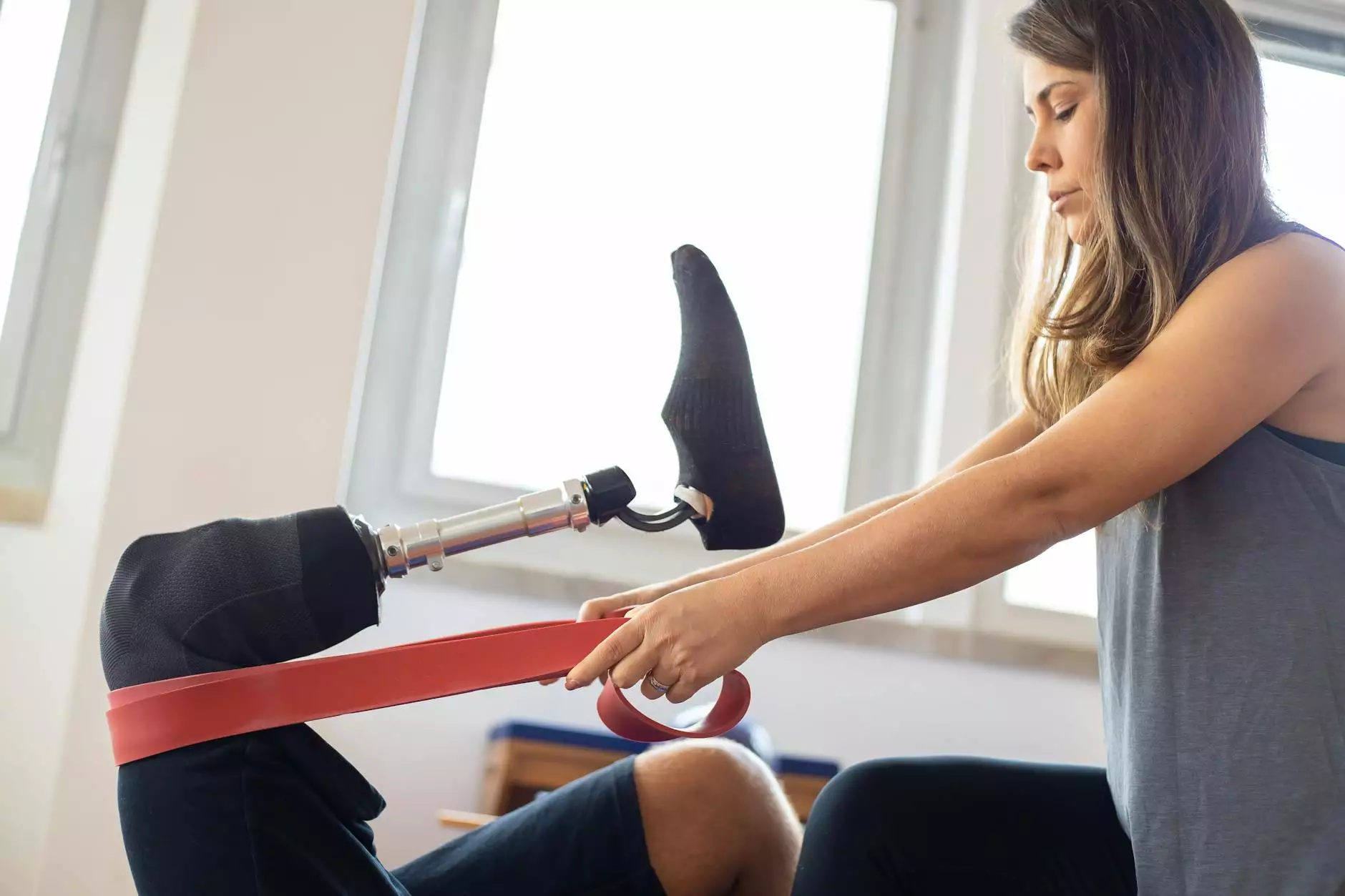Diaphragm Muscle and Helping Exercises

Understanding the Diaphragm Muscle
The diaphragm muscle plays a crucial role in the body, particularly in supporting the lower back and aiding in proper breathing. It is a dome-shaped muscle located at the base of the ribcage, separating the chest cavity from the abdominal cavity. When it contracts and flattens, it enables the lungs to expand and draw in oxygen.
Importance of the Diaphragm in Lower Back Health
The diaphragm muscle has a direct impact on the stability and functionality of the lower back. Its connection to the lumbar spine provides support and helps maintain the natural curvature of the spine. Weakness or imbalance in the diaphragm can lead to increased stress on the lower back, potentially causing pain, discomfort, and even injuries.
Exercises to Strengthen and Support the Diaphragm
At Body Fusion, we believe in a holistic approach to managing lower back conditions. Incorporating exercises that target the diaphragm muscle can be highly beneficial for improving lower back health. Here are some exercises you can try:
1. Diaphragmatic Breathing
Diaphragmatic breathing is a simple yet effective way to activate and strengthen the diaphragm. Start by sitting or lying down comfortably. Place one hand on your chest and the other hand on your abdomen. Take slow, deep breaths, focusing on expanding your abdomen as you inhale and contracting it as you exhale. Practice this exercise for a few minutes each day to enhance diaphragmatic function.
2. Bridge Pose
The bridge pose is a yoga exercise that engages the diaphragm, along with several other muscles in the core and lower body. Lie on your back with your knees bent and feet flat on the ground. Slowly lift your hips off the floor, engaging your glutes and pressing your feet into the ground. Hold the position for a few seconds, then lower your hips back down. Repeat this exercise for several repetitions, focusing on engaging your diaphragm throughout the movement.
3. Quadruped Arm and Leg Raise
This exercise targets not only the diaphragm but also the core and back muscles. Start in a quadruped position, with your hands and knees on the ground. Extend one arm forward and the opposite leg backward, maintaining a stable and balanced posture. Hold this position for a few seconds, then switch sides. Repeat for several repetitions, focusing on maintaining proper diaphragmatic breathing throughout the exercise.
Seek Professional Guidance
It's important to note that every individual's condition and needs may vary. Consulting with a qualified healthcare professional, such as a physical therapist or chiropractor, can provide you with personalized guidance and exercises tailored to your specific requirements. At Body Fusion, our team of experts is dedicated to helping you effectively manage your lower back pain and conditions.
About Body Fusion
Body Fusion is a leading provider of comprehensive resources, services, and treatment options for individuals experiencing lower back pain and related conditions. Our mission is to empower individuals to take an active role in their own well-being by providing them with the knowledge and tools necessary to effectively manage and prevent lower back issues.
Conclusion
Understanding the importance of the diaphragm muscle in lower back health is a fundamental step towards effective pain management and prevention. By incorporating diaphragmatic breathing and targeted exercises, such as the bridge pose and quadruped arm and leg raise, you can strengthen and support your diaphragm, leading to improved lower back stability and overall well-being.




